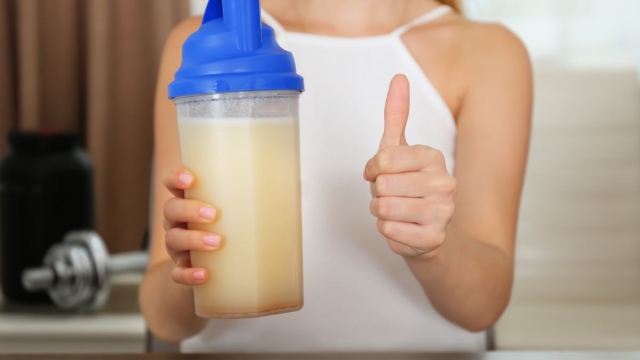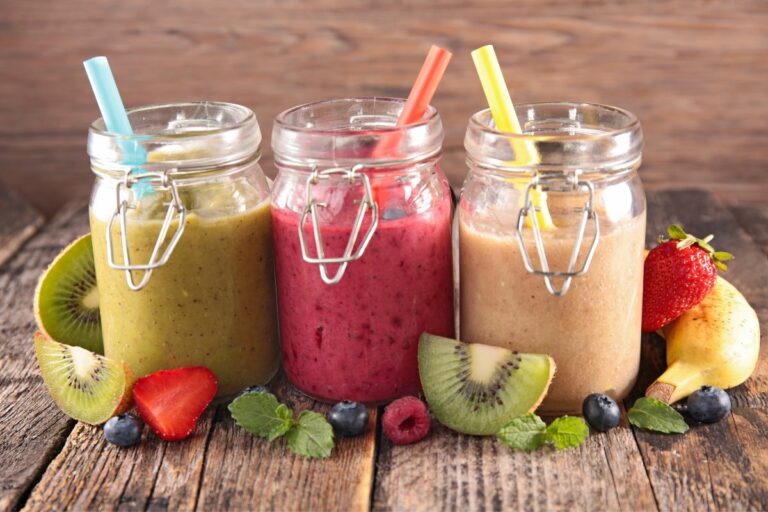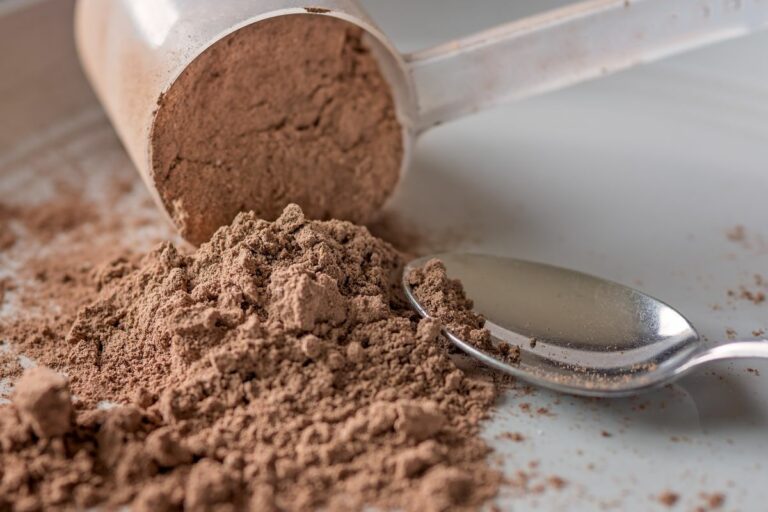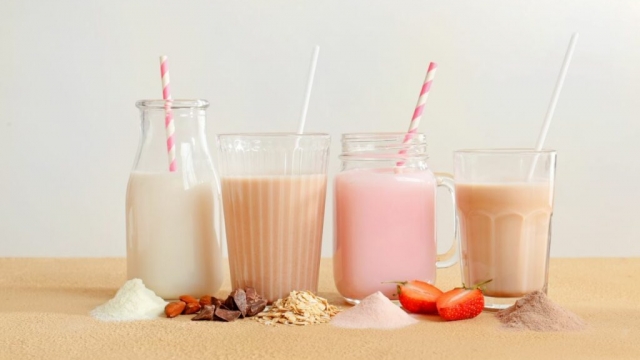Is Level 1 a Meal Replacement? A Comprehensive Review
You’re looking for a quick and easy way to fuel your body, right? Maybe you’re short on time, or maybe you’re just trying to simplify your life.
And you’ve heard about Level 1, the popular nutrition shakes that’s making waves in the wellness world.
Is level 1 a meal replacement? And is it right for you?
Let’s dive in and explore the world of Level 1 protein, examining its ingredients, benefits, drawbacks, and everything in between.
Sure! Here’s a detailed breakdown based on your request:
Key Takeaways
Expert Guide Points
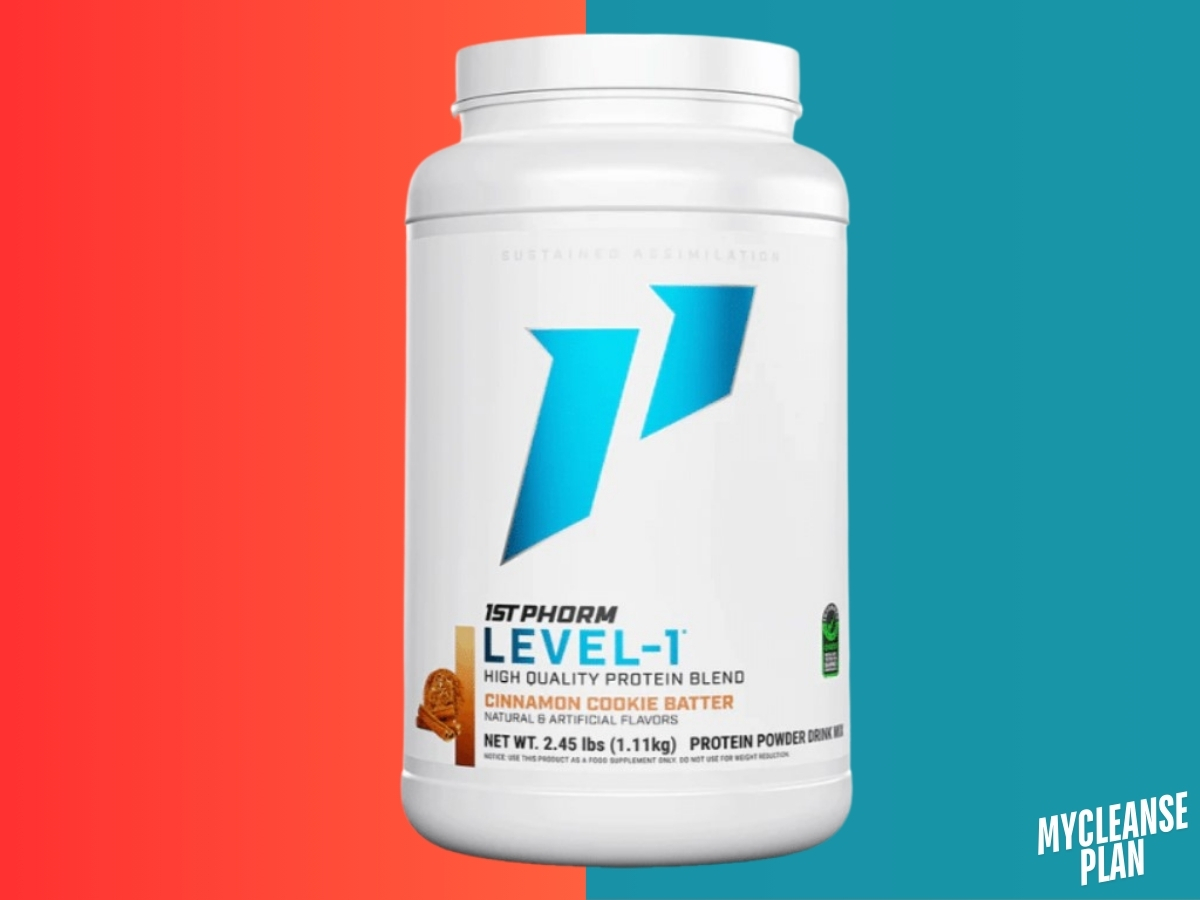
What Exactly is Level 1?
Before we jump into the meal replacement debate, let’s get our facts straight. What are we dealing with here?
Level 1 is a protein powder produced by 1st Phorm protein, a well-known sports nutrition company.
It’s marketed as a high-quality protein supplement, 1st phorm protein, designed to support muscle growth and recovery.

But here’s where things get interesting: while it’s not explicitly sold as a meal replacement, many users wonder if it could serve that purpose.
Level 1 Ingredients: A Closer Look
One of the key factors in determining whether a product can be considered a meal replacement is its nutritional content.
Level 1 Bars is packed with protein, fiber, and essential vitamins and minerals. But what exactly is in this popular shake?
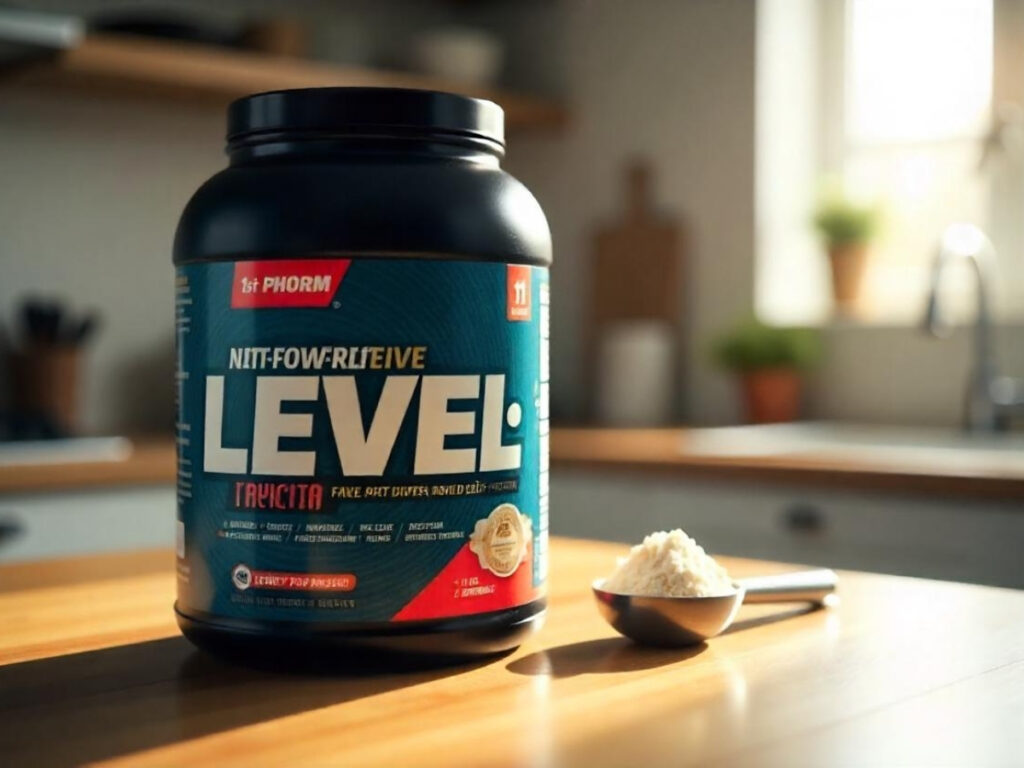
Let’s pop the hood and take a look at what’s inside this popular protein powder:
- Protein: 24 grams per serving
- Calories: 150 per serving
- Carbohydrates: 6 grams per serving
- Fat: 3 grams per serving
- Various vitamins and minerals
Sounds pretty good, right? But hold your horses – there’s more to consider before we crown it as a meal replacement champion.
Is Level 1 a Meal Replacement?
Now, the million-dollar question: Can Level 1 be considered a true meal replacement?

The short answer is yes, Level 1 can be a suitable meal replacement option for many individuals, provided that it is consumed as part of a balanced and healthy diet.
Here’s why:
- Nutritional Completeness: As mentioned earlier, Level 1 is formulated to provide a comprehensive blend of macronutrients (protein, carbs, and fats) as well as essential vitamins and minerals. This nutritional profile closely mimics that of a well-balanced meal, making it a viable replacement for a traditional meal.
- Calorie Content: A single serving of Level 1 contains around 400 calories, which is generally in line with the caloric needs of a regular meal, depending on individual factors such as age, gender, and activity level.
- Satiety and Fullness: The combination of protein, fiber, and healthy fats in Level 1 helps to promote feelings of fullness and satisfaction, which can prevent overeating and support weight management goals.
- Convenience: One of the primary advantages of Level 1 is its convenience. The shake is easy to prepare and can be a quick and portable option for those with busy lifestyles or on-the-go schedules, making it a practical meal replacement.
However, it’s important to note that while Level 1 can be considered a meal replacement, it shouldn’t be the sole source of nutrition in your diet.
Variety and balance are key to maintaining a healthy and sustainable lifestyle.
Level 1 should be used as part of a broader, balanced diet that includes a variety of whole, nutrient-dense foods.
When to Use Level 1 as a Meal Replacement?
Level 1 protein can be a valuable tool in various scenarios, including:
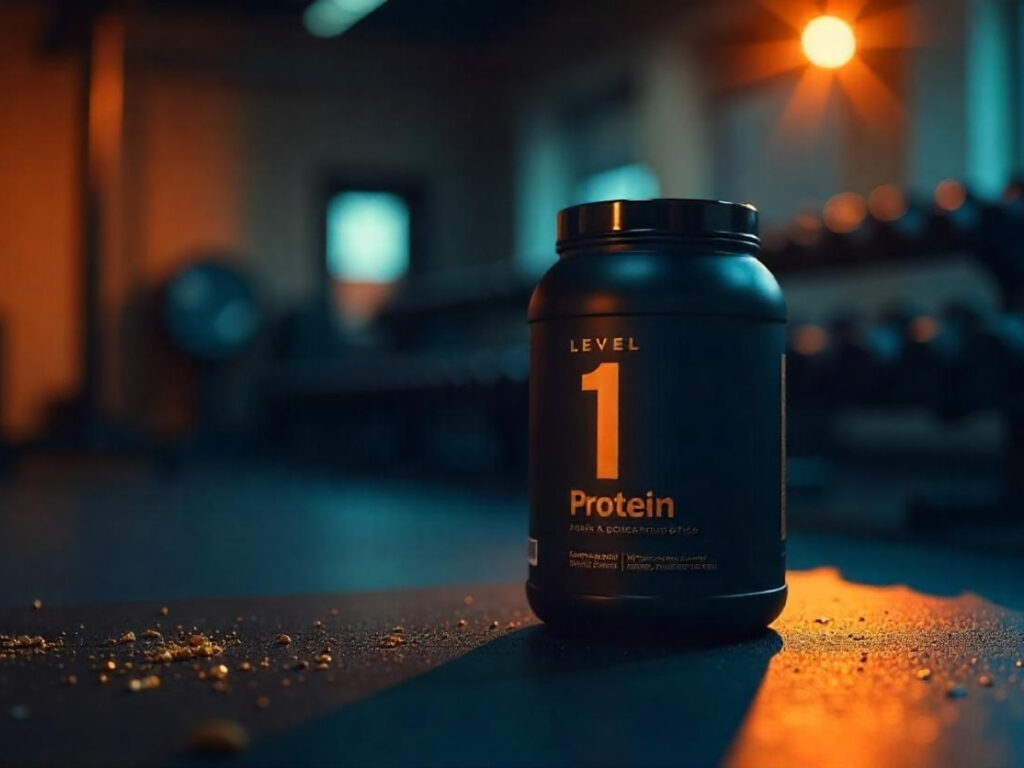
- Busy Schedules: For individuals with hectic schedules or limited time for meal preparation, Level 1 can be a convenient and nutritious option to ensure you’re getting a balanced meal, even on the go.
- Weight Management: The high-protein and low-calorie nature of Level 1 can make it a useful tool for those looking to manage their weight, either through weight loss or weight maintenance.
- Muscle Recovery and Growth: The blend of high-quality proteins in Level 1 can be particularly beneficial for individuals who are active and looking to support muscle recovery and growth.
- Nutritional Supplementation: For those who struggle to meet their daily nutritional needs through whole foods alone, Level 1 bars can serve as a nutrient-dense supplement to help fill any gaps in their diet.
Potential Drawbacks of Level 1
While Level 1 protein can be a valuable meal replacement option, it’s important to be aware of some potential drawbacks:
- Flavor Preferences: As with any food or supplement, individual flavor preferences can play a role in the overall enjoyment and acceptance of Level 1. Some users may find the flavors to be less than satisfactory.
- Texture Concerns: The shake-like texture of Level 1 may not be appealing to everyone, and some individuals may prefer a thicker or more substantial meal replacement option.
- Cost Considerations: Level 1 is priced higher than some other meal replacement products on the market, which may be a barrier for some consumers.
Explore Also:
Creativehouseblog
Dietsheriff
Gigasecurehome
So, is Level 1 a true meal replacement? The answer is a resounding maybe! It really comes down to your individual needs, preferences, and lifestyle.
What we can say is that Level 1 is an impressively nutritious option that can absolutely function as a balanced, satisfying meal for you.
Is Level 1 a Meal Replacement – FAQs
Is Level 1 a good source of protein?
Yes, Level 1 is a good source of protein, providing around 20 grams per serving. This is about half of the recommended daily intake for most adults.
Does Level 1 contain fiber?
Yes, Level 1 contains around 5 grams of fiber per serving. Fiber is important for digestive health and can help you feel full and satisfied.
How does the convenience of Level 1 make it a practical meal replacement?
The ease of preparation and portability of Level 1 make it a convenient option for those with busy lifestyles or on-the-go schedules.
Should I consult a doctor before using Level 1?
It’s always best to consult with a doctor or registered dietitian before making any major changes to your diet, including using meal replacement shakes.

